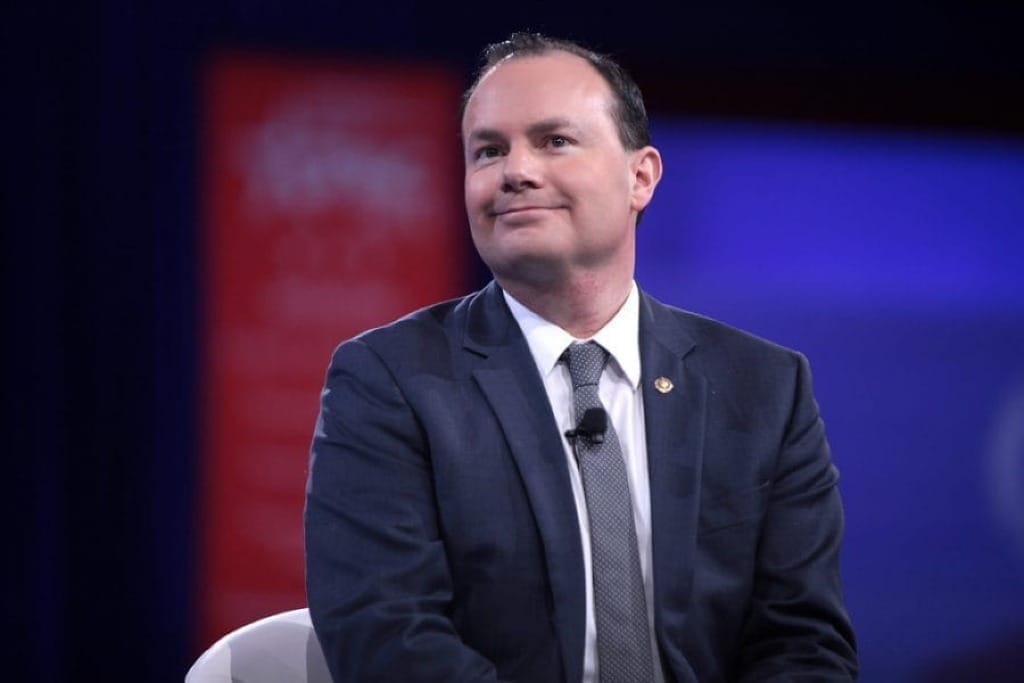Sen. Lee Proposes Bill to Defund NPR and PBS
American tax dollars should not support partisan media, he says.
Gabriel Dorner

WASHINGTON, Feb. 18, 2025 – Sen. Mike Lee, R-Utah, introduced legislation last week to remove a critical source of funding for the National Public Radio and Public Broadcasting Service: taxpayer dollars.
The bill will likely intensify the battle between Washington conservatives and taxpayer-supported media outlets, which some see as favoring liberal policy positions. Federal Communications Commission Chairman Brendan Carr has already said he disagrees with funding NPR and PBS given the abundance of media options today.
Lee’s Defund Government Sponsored Propaganda Act would cut taxpayer funds that directly or indirectly subsidize NPR or PBS and redirect them to help pay off public debt. The bill does not specify how exactly that would happen.
“PBS and NPR are free to compete in the marketplace of ideas using donations, but their public subsidy should end,” Lee said in a press release.
Rep. Claudia Tenney, R-N.Y., introduced Lee’s bill in the House.
“The Defund Government Sponsored Propaganda Act ensures that federal funding is no longer used to perpetuate the blatant media bias that has overtaken these platforms,” Tenney said on her website.
Carr, a Republican, last month endorsed defunding the two organizations in a letter to NPR President and CEO Katherine Maher and PBS President and CEO Paula A. Kerger.
“I do not see a reason why Congress should continue sending taxpayer dollars to NPR and PBS given changes in the media marketplace since the passage of the Public Broadcasting Act of 1967,” Carr said in the letter.
The FCC leader, who licenses nearly 1,500 NPR and PBS member broadcast stations across the U.S., suggested the two are violating federal law by airing commercial content.
“It is possible that NPR and PBS member stations are broadcasting underwriting announcements that cross the line into prohibited commercial advertisements,” Carr said in the same letter to Maher and Kerger.
He warned that if these violations were proven true, they would “further undermine any case for continuing to fund NPR and PBS with taxpayer dollars.”









Member discussion